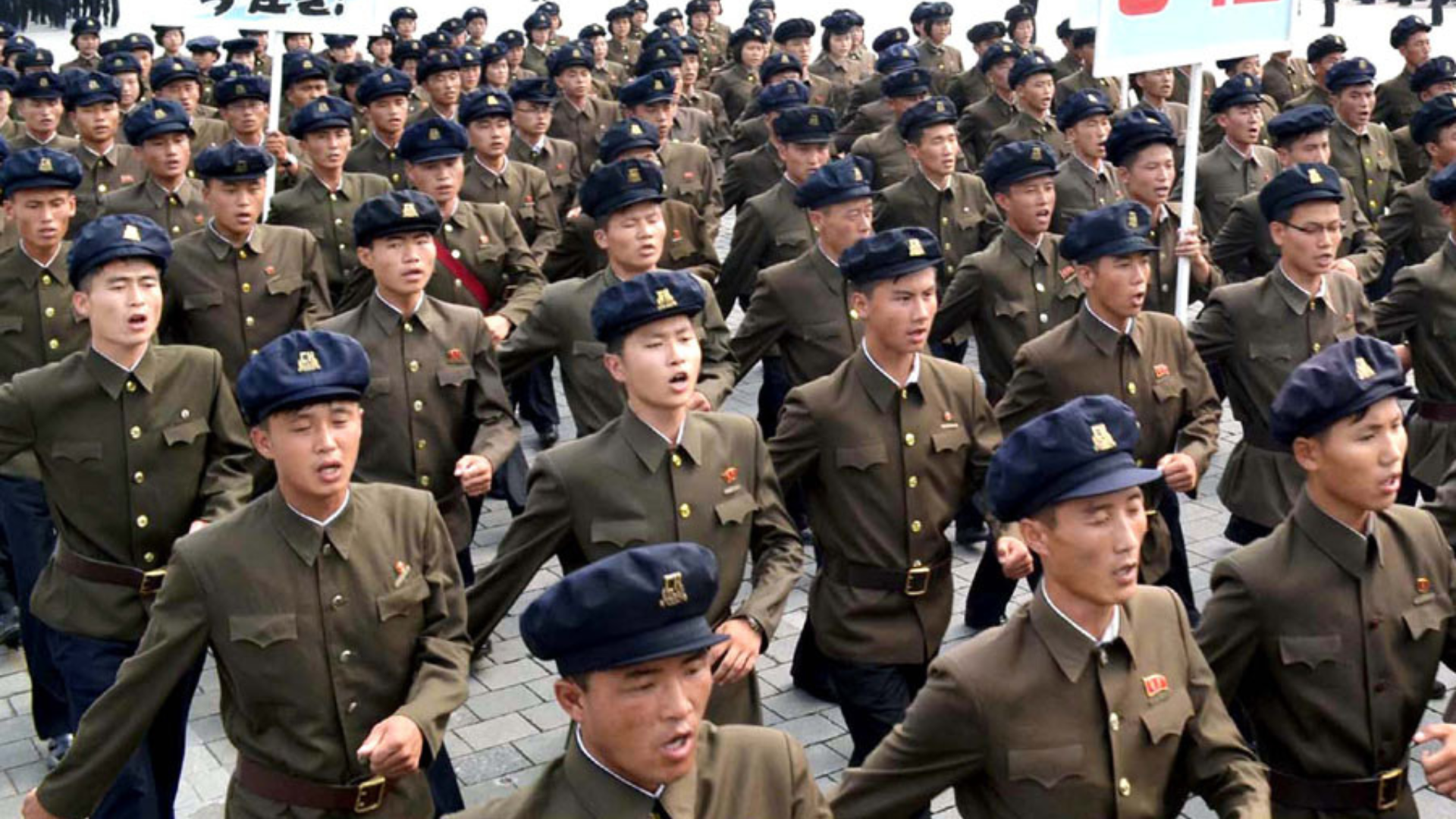As Ukrainian troops recently reported that they have now encountered North Korean soldiers that Russians are deploying in the ongoing Ruso-Ukrainian conflict, a new report suggests that North Korean soldiers are becoming hooked on pornographic material after they have access to the Internet in Russia.
What’s The Fuss All About?
In a post at X by Gideon Rachman, Financial Times’ chief foreign affairs commentator, he said that he has a source telling him that many North Korean soldiers are watching pornographic material following their deployment to Russia–and are increasingly becoming more interested in such material.
A usually reliable source tells me that the North Korean soldiers who have deployed to Russia have never had unfettered access to the internet before. As a result, they are gorging on pornography.
— Gideon Rachman (@gideonrachman) November 5, 2024
“A usually reliable source tells me that the North Korean soldiers who have deployed to Russia have never had unfettered access to the internet before. As a result, they are gorging on pornography,” Gideon said.
It is worth noting that the government temporarily blocked access to pornographic material in Russia following Roskomnadzor, the Russian government’s media overseer, blocked access to popular pornographic sites such as PornHub and YouPorn in 2016. However, this ruling was changed months after the government asked users to use these sites by linking their Vkontakte account, a famous Russian social media platform.
In response to these reports, U.S. Department of Defense spokesperson Maj. Charlie Dietz told POLITICO Europe that they couldn’t verify any claims of North Korean soldiers engaging in Internet browsing behaviour or any related activities. For them, the United States is much more concerned about the involvement of North Korean soldiers in the ongoing conflict.
“As for internet access, that question is best directed to Moscow. Right now, our attention remains on supporting Ukraine and addressing the more significant regional security concerns,” Dietz said.
Why This is Seemingly A “Big” Deal?
Media consumption in North Korea has always been centred around state propaganda–the state media–the Korean Central News Agency (KCNA)–or other peripherals like soap operas and documentaries highlighting patriotism or glorifying its nation’s leaders. Any other form of outside media is especially prohibited, including pornographic material.
According to the country’s Criminal Law (Article 193, Chapter 6), a person who illegally imports, creates, distributes, or stores media with obscene or immoral content—such as music, dance, art, literature, or electronic media—may face up to two years of forced labour. For severe offences, this may increase to five years. In cases involving sexually explicit video recordings, the punishment ranges from five to ten years of forced labour.
Moreover, Article 194 of the same law also suggests that a person who watches, listens to, or personally engages in creating media with immoral or obscene content, such as music, dance, art, or videos, may face up to two years of forced labour. The penalty can increase for severe violations to a maximum of five years of forced labour.
The Larger Picture: Why North Korean Soldiers Are In Russia?
First, reports of North Korean soldiers being deployed at the front lines were revealed earlier in October when a source told The Guardian that North Korean military engineers had been deployed to help Russia target Ukraine with ballistic missiles and fighters operating in occupied areas of the country have already been killed.
Earlier last week, Ukraine’s Defense Minister Rustem Umerov told South Korea’s public broadcaster KBS that Ukrainian troops have engaged in “small-scale” fighting against North Korean soldiers.
Moreover, Umerov also stated that they expect five North Korean units, each consisting of about 3,000 soldiers, to be deployed to the northeast, east, and southeast on a front spanning approximately 5,000 kilometres.
Meanwhile, Ukrainian President Volodymyr Zelenskyy stated that about eleven thousand North Korean troops were in the Kursk region on Monday. At the same time, the defence chief said the number will likely increase to about 15,000.
A Partnership Rooted in Military Cooperation
The presence of North Korean troops fighting alongside Russian forces in Ukraine marks an unprecedented and complex shift in the conflict. This partnership reflects growing military cooperation between North Korea and Russia, likely fueled by mutual benefits such as arms and technology exchanges between the two nations. For North Korea, the deployment offers an opportunity to strengthen ties with Russia and gain experience on the global stage, potentially boosting its regional influence in East Asia.
While North Korea’s troops are known for their resilience, especially in harsh conditions, it’s unlikely they will substantially alter the broader military dynamics of the conflict. Instead, their involvement might have more symbolic and political significance, drawing attention from the international community and increasing tensions, especially with North Korea’s neighbours, who are wary of its expanding military activities abroad.







